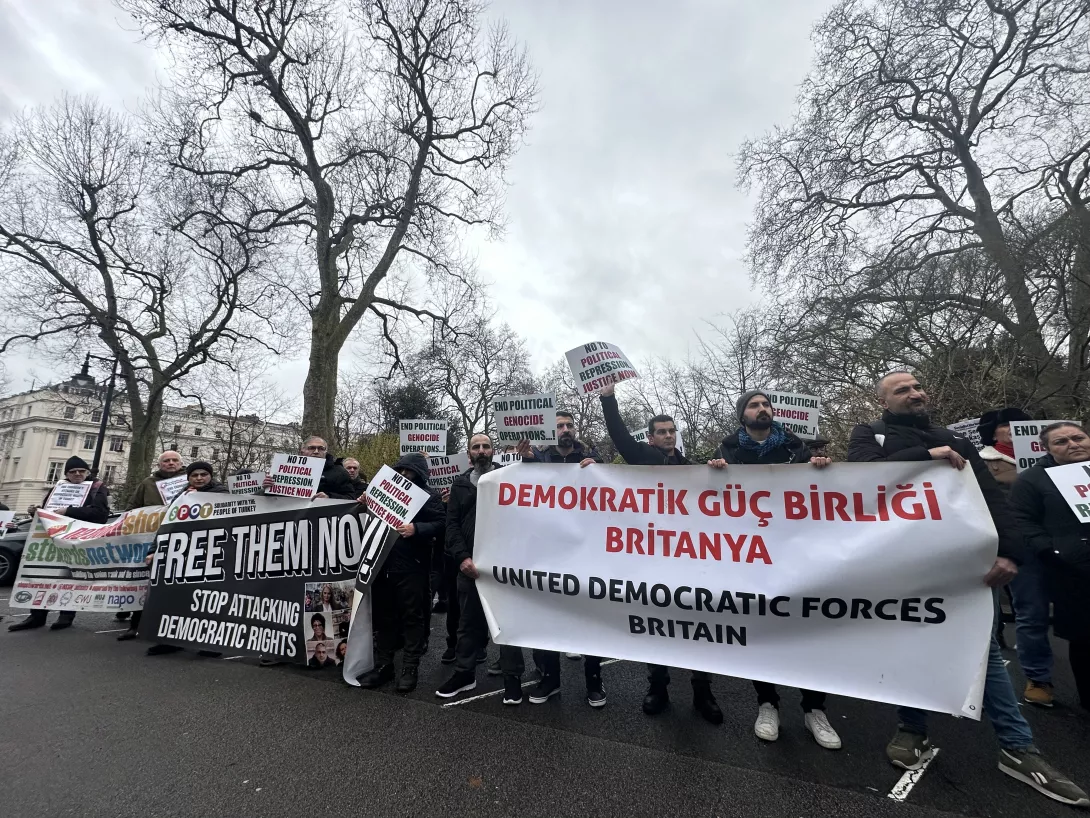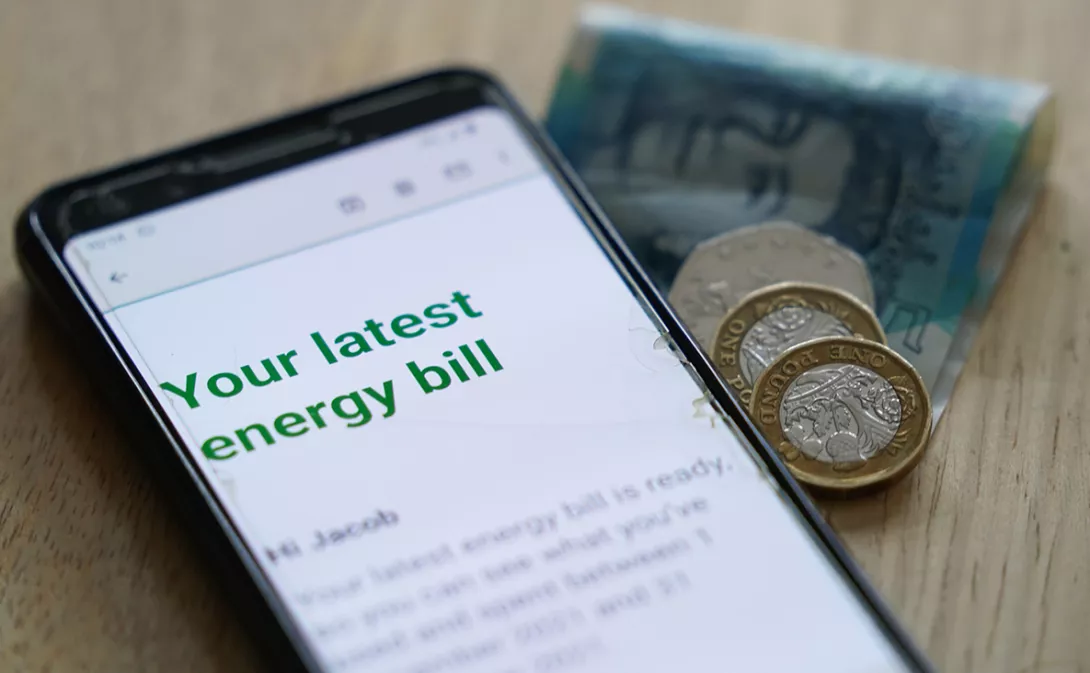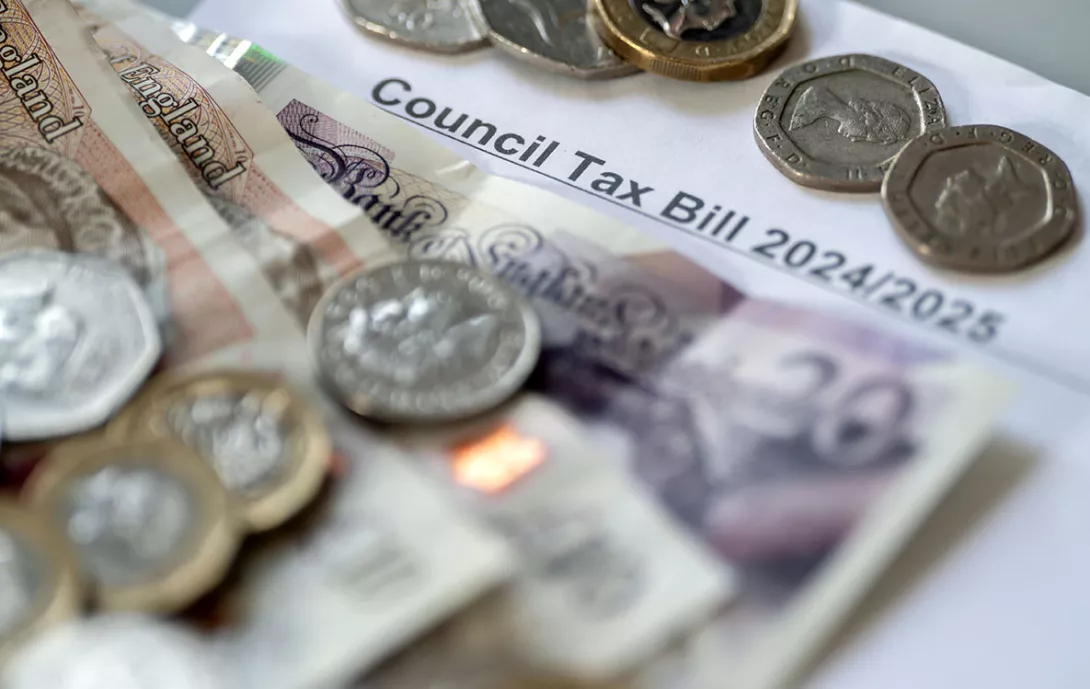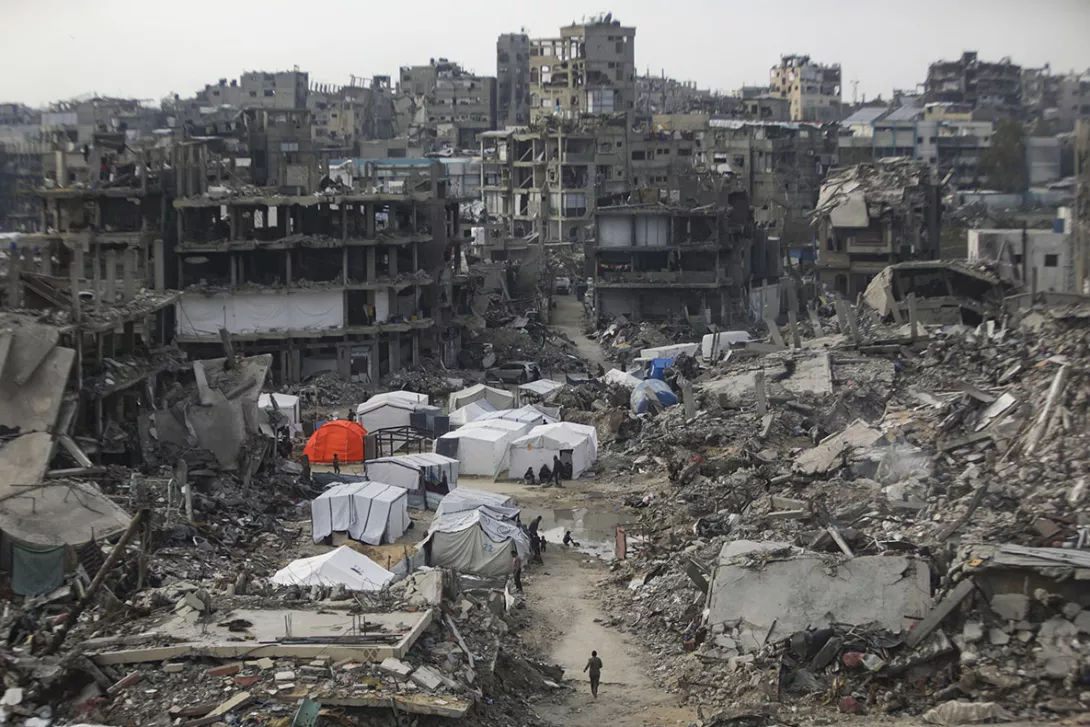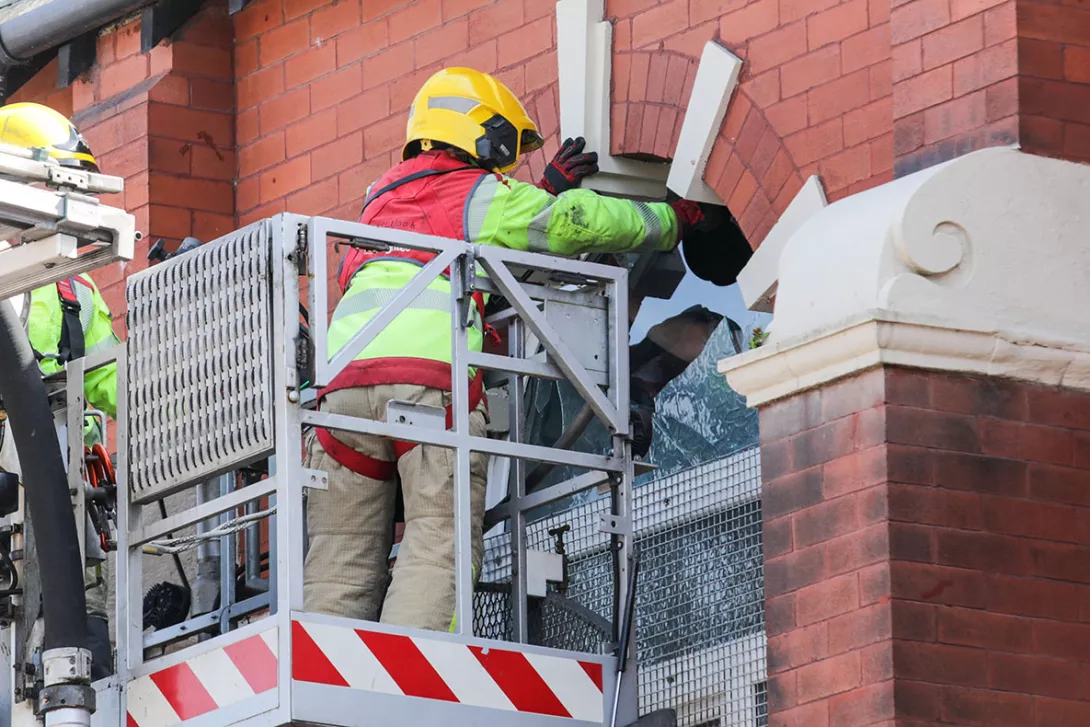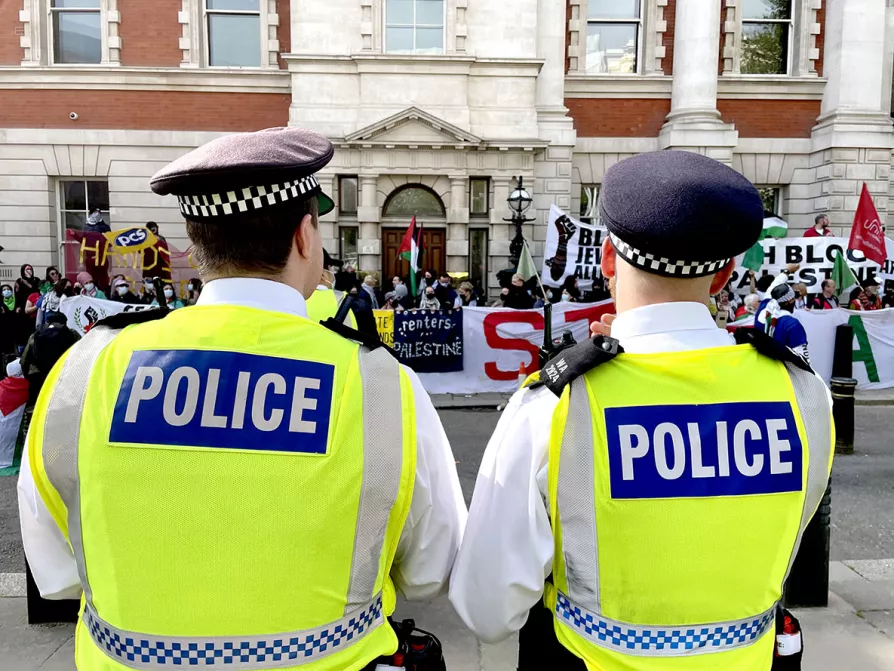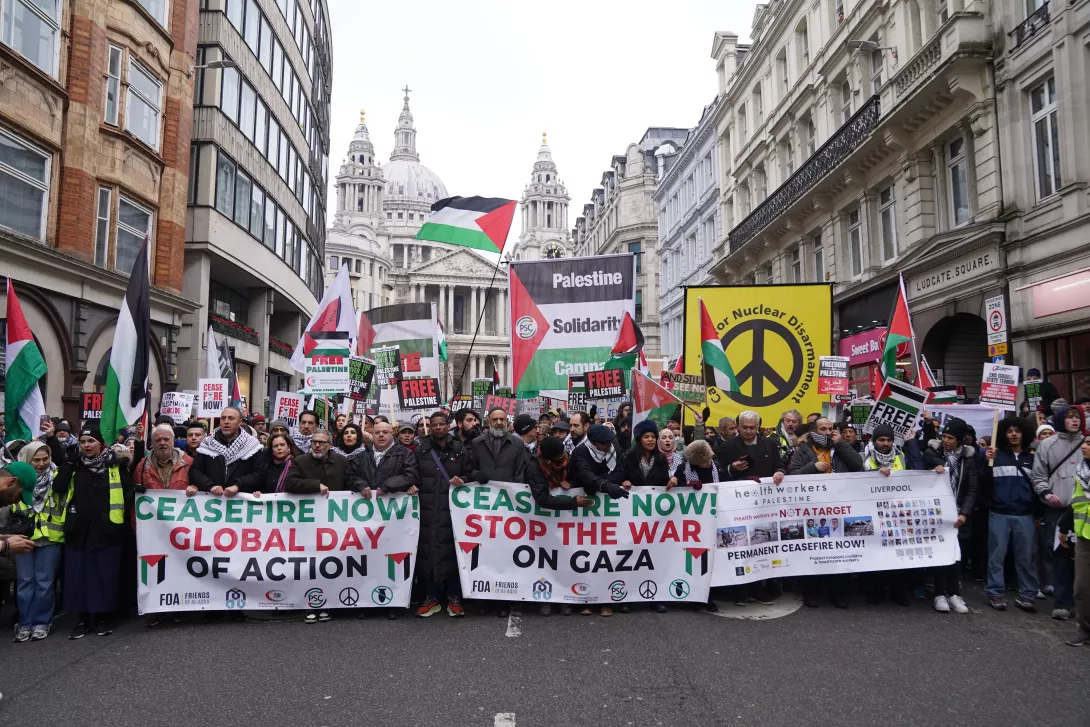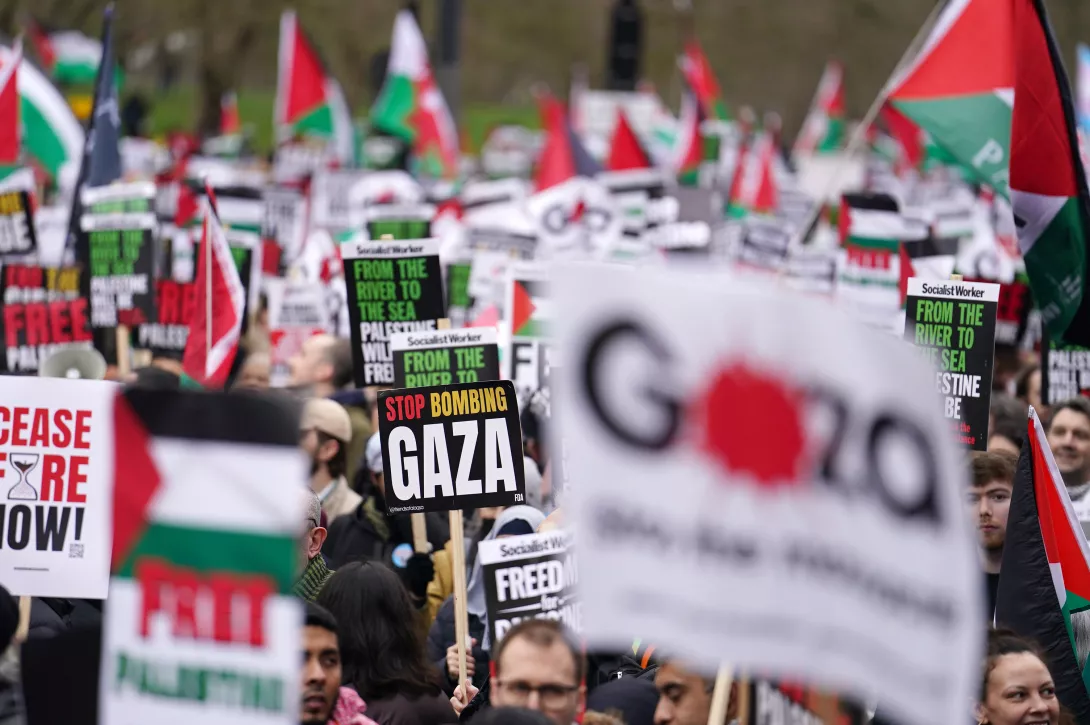You won't stop us marching for peace
Defiant protesters reject 'extremism' label by MPs to stop marches
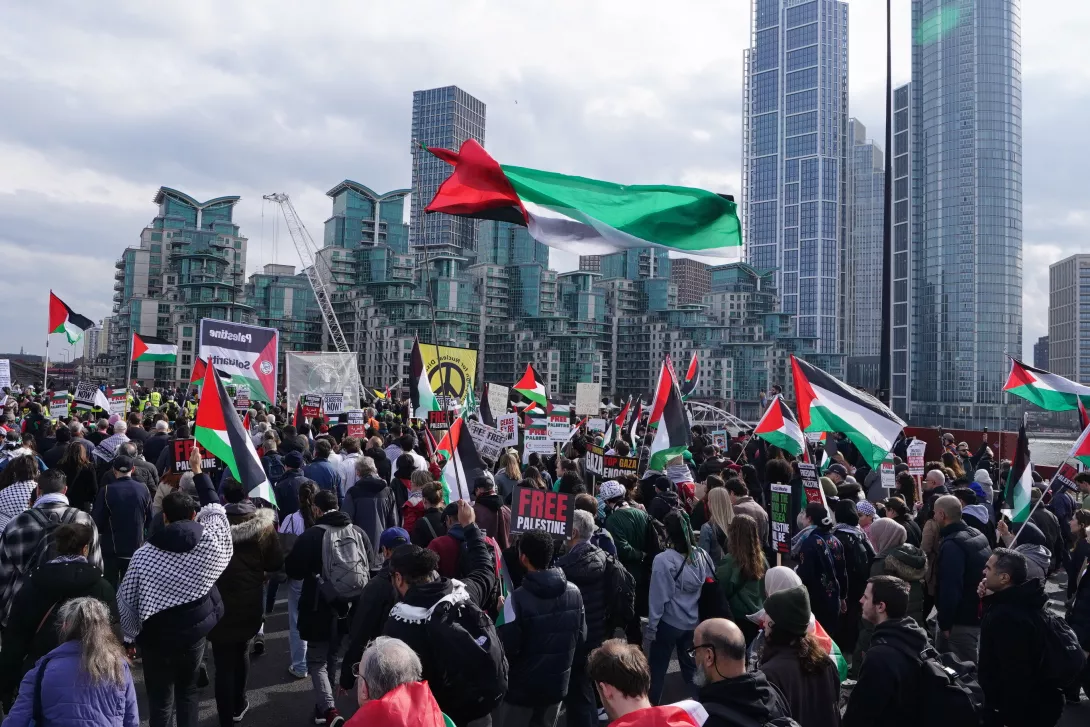
CAMPAIGNERS have slammed the government’s “repressive” attempts to clamp down on the right to protest and redefine extremism, warning they are “poorly drafted and open to legal challenge.”
Communities Secretary Michael Gove is expected to announce a looser definition of extremism within days.
Organisations and individuals that breach the new definition will be banned from receiving public funds, engaging with government agencies and appearing at university campuses.
More from this author
Similar stories
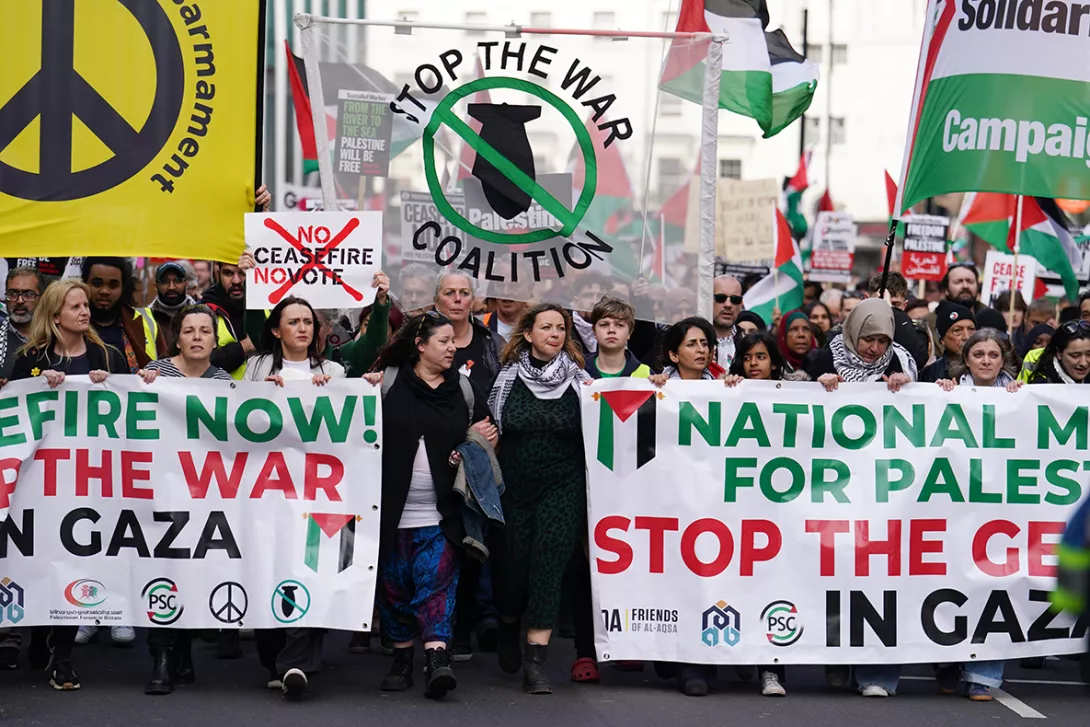
Government told to reject John Woodcock's proposals to blacklist Palestine solidarity and climate campaign groups


